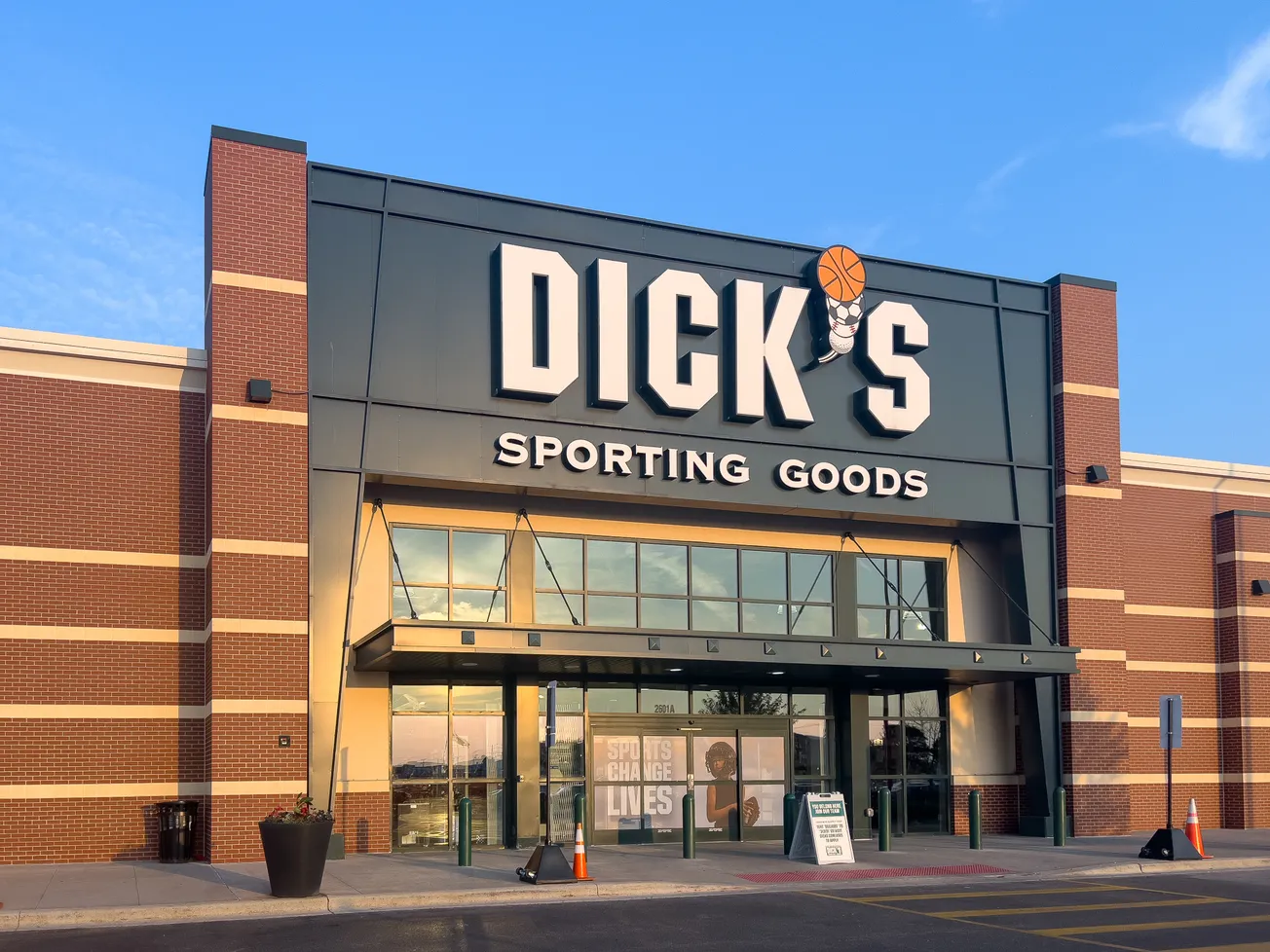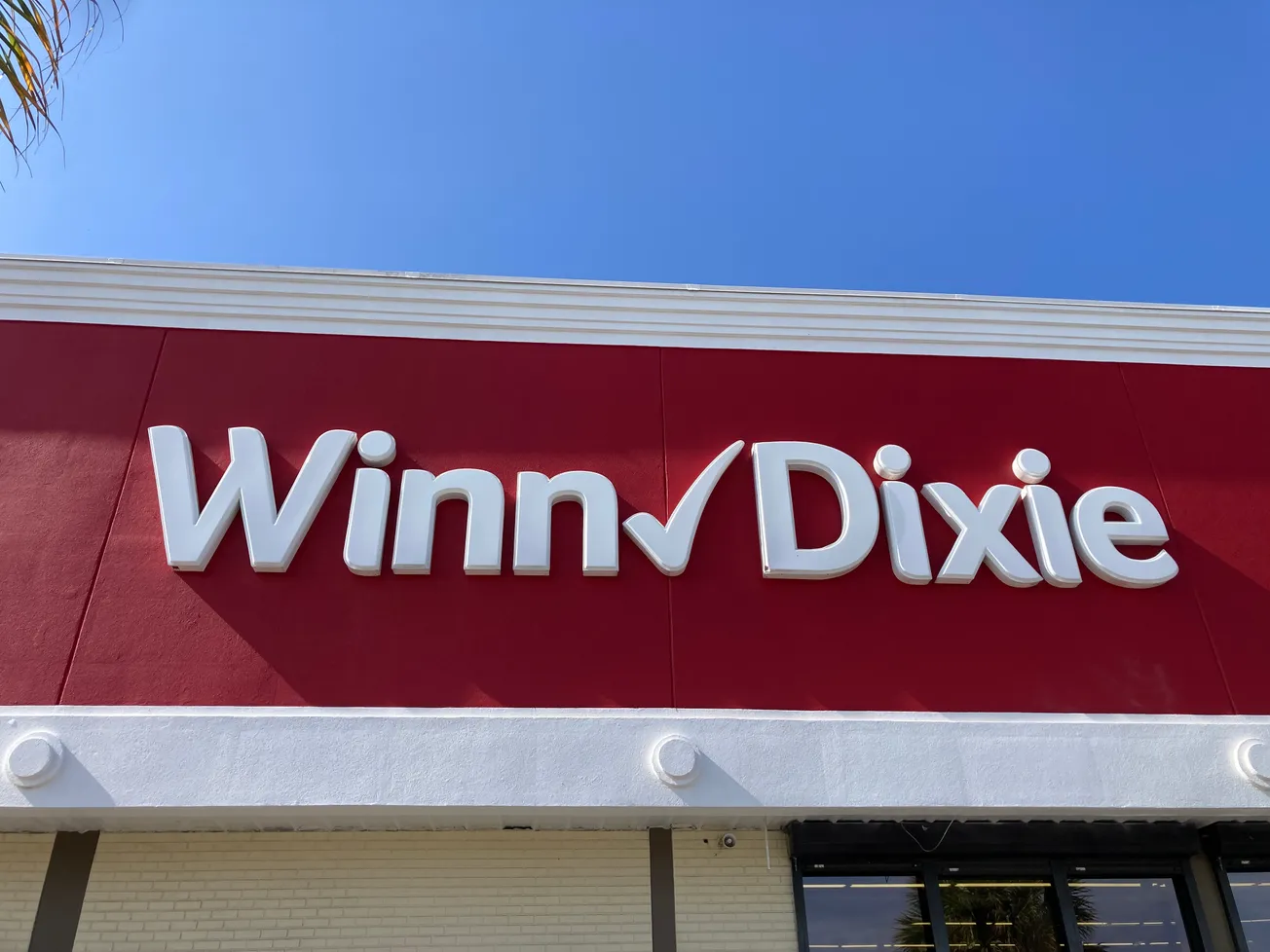The hardware retail industry is undergoing a period of rapid transformation, shaped by evolving consumer preferences, technological advancements, and economic challenges.
Major players like Ace Hardware, True Value, Do it Best, Lowe’s, Home Depot, and Menards are responding with a mix of strategic investments, market realignment, and efforts to improve customer experiences. These shifts are not only redefining the competitive landscape but also presenting new opportunities for growth and innovation.
A significant development is the ongoing consolidation within the sector, as evidenced by Do it Best’s acquisition of True Value. This realignment is reshaping the competitive dynamics, allowing companies to streamline operations and leverage efficiencies. For Do it Best, the purchase represents an opportunity to strengthen its position while expanding its distribution network to support independent retailers.
Retailers are also doubling down on professional contractors as a growth area. This lucrative customer segment has attracted targeted initiatives, including loyalty programs, bulk purchasing discounts, and dedicated service counters.
Lowe’s and Home Depot, in particular, have capitalized on this trend, seeking to build long-term relationships with contractors who drive repeat business and high-volume sales.
Experiential retailing is another area gaining momentum, with Ace Hardware leading the way. The company is investing over $1 billion in redesigning its nearly 6,000 stores worldwide, creating more interactive and engaging shopping environments. This move aligns with a broader industry push to enhance in-store experiences, blending traditional retail with modern innovations to attract and retain customers.
The rise of e-commerce and digital platforms has emerged as a cornerstone of the sector's evolution. Retailers are increasingly integrating digital tools to reach wider audiences and improve convenience. Lowe’s and Home Depot have been at the forefront of this transformation, enhancing their online platforms to cater to tech-savvy consumers. The pandemic accelerated this trend, making digital engagement a vital component of modern retail strategies.
Companies are also adopting environmentally friendly practices to meet growing consumer demand for responsible business operations. For instance, Home Depot has pledged to source 100% renewable electricity for its operations by 2030, while Ace Hardware has begun exploring sustainable product offerings. These initiatives reflect a broader shift toward integrating sustainability as a core business strategy.
Despite these advancements, the hardware retail sector faces notable challenges. Economic pressures, including rising interest rates and inflation, are dampening consumer spending on home improvement projects.
The housing market slowdown has further impacted demand for building materials, creating headwinds for companies like True Value and Do it Best, which cater heavily to the construction industry.
Labor shortages compound these issues, affecting both supply chain efficiency and in-store operations. Retailers are adopting various strategies, including technology investments and focused hiring efforts, to mitigate these disruptions.
Each of the major players is navigating this complex environment in unique ways. Ace Hardware, for instance, reported record revenues of $2.4 billion in the third quarter of 2024, a 2.8% year-over-year increase. However, its net income fell by 24%, reflecting significant investments in supply chain and marketing enhancements.
True Value, meanwhile, is undergoing a significant transformation, having filed for Chapter 11 bankruptcy and subsequently agreeing to sell its operations to Do it Best for $153 million.
The sale provides stability for True Value’s 4,500 independently owned stores, which remain operational during this transition.
Do it Best, already a major player in the member-owned hardware cooperative space, is poised to strengthen its market position through this acquisition. This strategic move allows the company to expand its reach and enhance support for independent retailers in a challenging economic climate.
Lowe’s continues to perform strongly, with a 1.4% increase in net income in Q3 2024 and an updated fiscal year revenue growth projection of 4%. Digital innovation and enhanced customer engagement remain at the heart of Lowe’s strategy, ensuring it stays competitive in the evolving retail landscape.
Home Depot has also demonstrated resilience, reporting $40.22 billion in revenue in Q3 2024, a 6.6% year-over-year increase. The company’s focus on professional contractors and seasonal goods has bolstered its performance, even amid macroeconomic uncertainties.
Menards, while less public about its financials, continues to maintain its position as a regional powerhouse, relying on competitive pricing and a wide product range to attract a loyal customer base.
Looking ahead, the hardware retail sector is projected to grow at a compound annual growth rate of 4.89% from 2024 to 2029, reaching an estimated market size of $71.25 billion by the end of the decade.
This growth will be driven by increasing home improvement activity, advancements in digital tools, and the ongoing evolution of customer preferences.
While challenges persist, the industry's trajectory remains upward, supported by a mix of strategic investments and evolving consumer engagement strategies.








